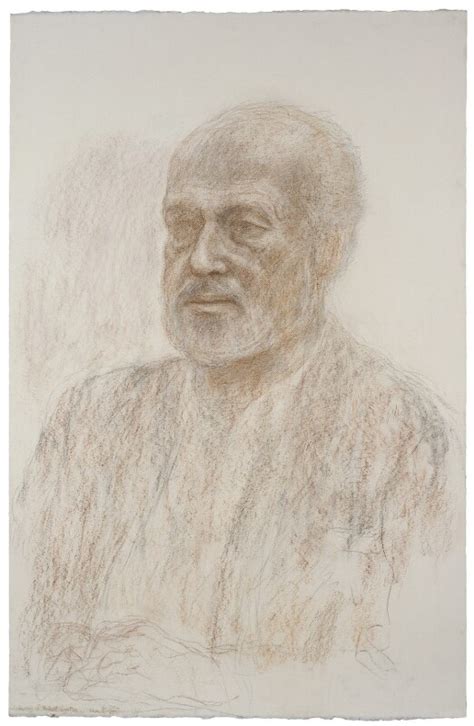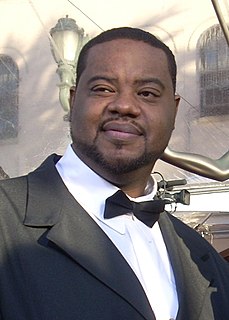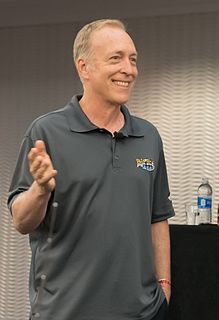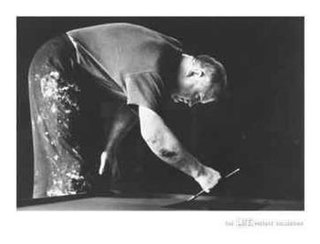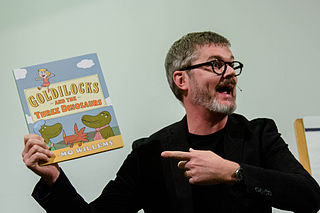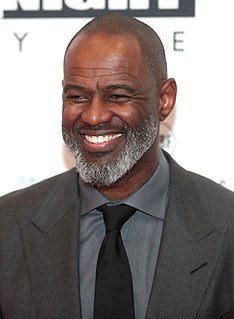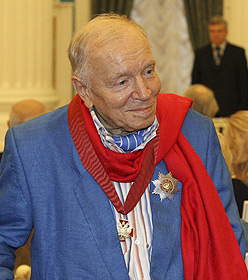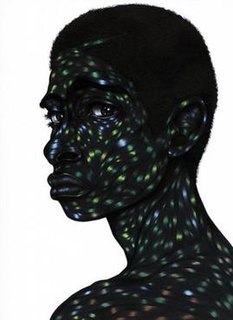A Quote by Norbert Lynton
Related Quotes
Books have their destinies like men. And their fates, as made by generations of readers, are very different from the destinies foreseen for them by their authors. Gulliver's Travels, with a minimum of expurgation, has become a children's book; a new illustrated edition is produced every Christmas. That's what comes of saying profound things about humanity in terms of a fairy story.
Artists raise their kids differently. We communicate to the point where we probably annoy our children. We have art around the house, we have books, we go to plays, we talk. Our focus is art and painting and dress-up and singing. It's what we love. So I think you can see how artists in some way raise other artists.
I like to be aware of a book as a piece of writing, and aware of its structure as a product of mind, and yet I want to be able to see the represented world through it. I admire artists who succeed in dividing my attention more or less evenly between the world of their books and the art of their books . . . so that a reader may study the work with pleasure as well as the world that it describes.
